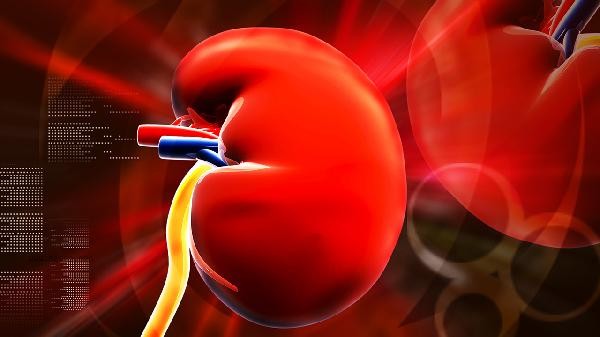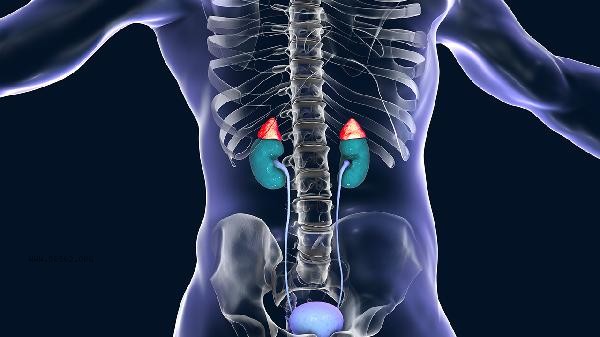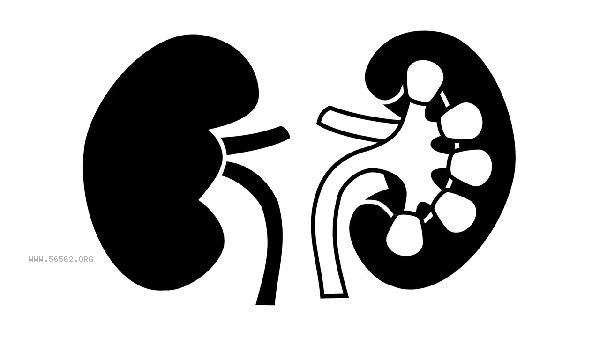Elevated creatinine levels require medication selection based on the cause. Commonly used creatinine lowering drugs include Uremic Clearance Granules, Kidney Failure Ning Tablets, Medicinal Charcoal Tablets, etc. Elevated creatinine may be related to factors such as acute kidney injury, chronic kidney disease, drug side effects, dehydration, or vigorous exercise, and treatment should be combined with specific causes.

1. Niaoduqing Granule:
Niaoduqing Granule is a traditional Chinese patent medicines and simple preparations. Its main ingredients include rhubarb, astragalus, Sangbaibai, etc. It has the effect of purging the fu organs, reducing turbidity, strengthening the spleen and removing dampness. Suitable for the stage of chronic renal failure with azotemia and early uremia, it can help reduce creatinine and urea nitrogen levels. Use under the guidance of a doctor and avoid taking it together with other laxatives.
2. Shenshuai Ning Tablets:
Shenshuai Ning Tablets are composed of Panax ginseng, Coptis chinensis, Pinellia ternata, etc., and have the effects of nourishing qi and spleen, promoting blood circulation and removing blood stasis. Used for the elevation of creatinine caused by chronic renal insufficiency, it can improve renal function indicators. During medication, electrolyte balance should be monitored, and dosage should be adjusted for those with severe renal dysfunction.
3. Medicinal charcoal tablets:

Medicinal charcoal tablets work by adsorbing intestinal endotoxins and metabolic waste, and are suitable for creatinine elevation caused by acute drug or toxin poisoning. Can reduce the absorption of intestinal toxins and assist in lowering blood creatinine levels. Long term use may affect nutrient absorption, and short-term use should be followed according to medical advice.
4. Etiological treatment drugs:
Different etiologies need to be treated in conjunction with the primary disease. hypertensive nephropathy requires ARB drugs such as valsartan to control blood pressure; Diabetes nephropathy requires SGLT-2 inhibitors such as daggligin; Pyelonephritis requires the selection of sensitive antibiotics based on drug sensitivity results. After controlling the primary disease, creatinine may naturally decrease.
5. Adjuvant therapeutic drugs:
alpha ketoacid preparations can supplement essential amino acids and reduce the accumulation of nitrogen products; Active vitamin D can improve calcium and phosphorus metabolism; Erythropoietin corrects renal anemia. Although these drugs do not directly reduce creatinine, they can improve the overall state of kidney function and indirectly affect creatinine levels. Patients with elevated creatinine levels should strictly control their protein intake, with a recommended daily intake of 0.6-0.8 grams of high-quality protein per kilogram of body weight. Priority should be given to high biological value proteins such as eggs and fish. Limit sodium intake to no more than 3 grams per day. Moderate supplementation of vitamins B and C. Maintain a daily urine output of 1500-2000 milliliters and avoid excessive exercise that can burden the kidneys. Regularly monitor blood pressure, blood glucose, urine routine and other indicators, and recheck kidney function every 3-6 months. If symptoms such as edema and worsening fatigue occur, timely medical attention should be sought to adjust the treatment plan.










Comments (0)
Leave a Comment
No comments yet
Be the first to share your thoughts!